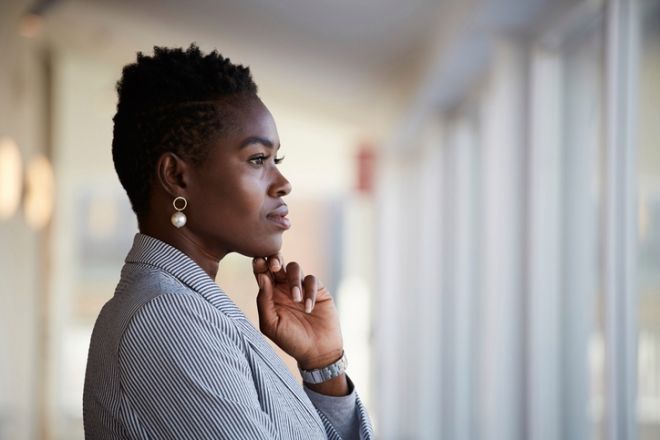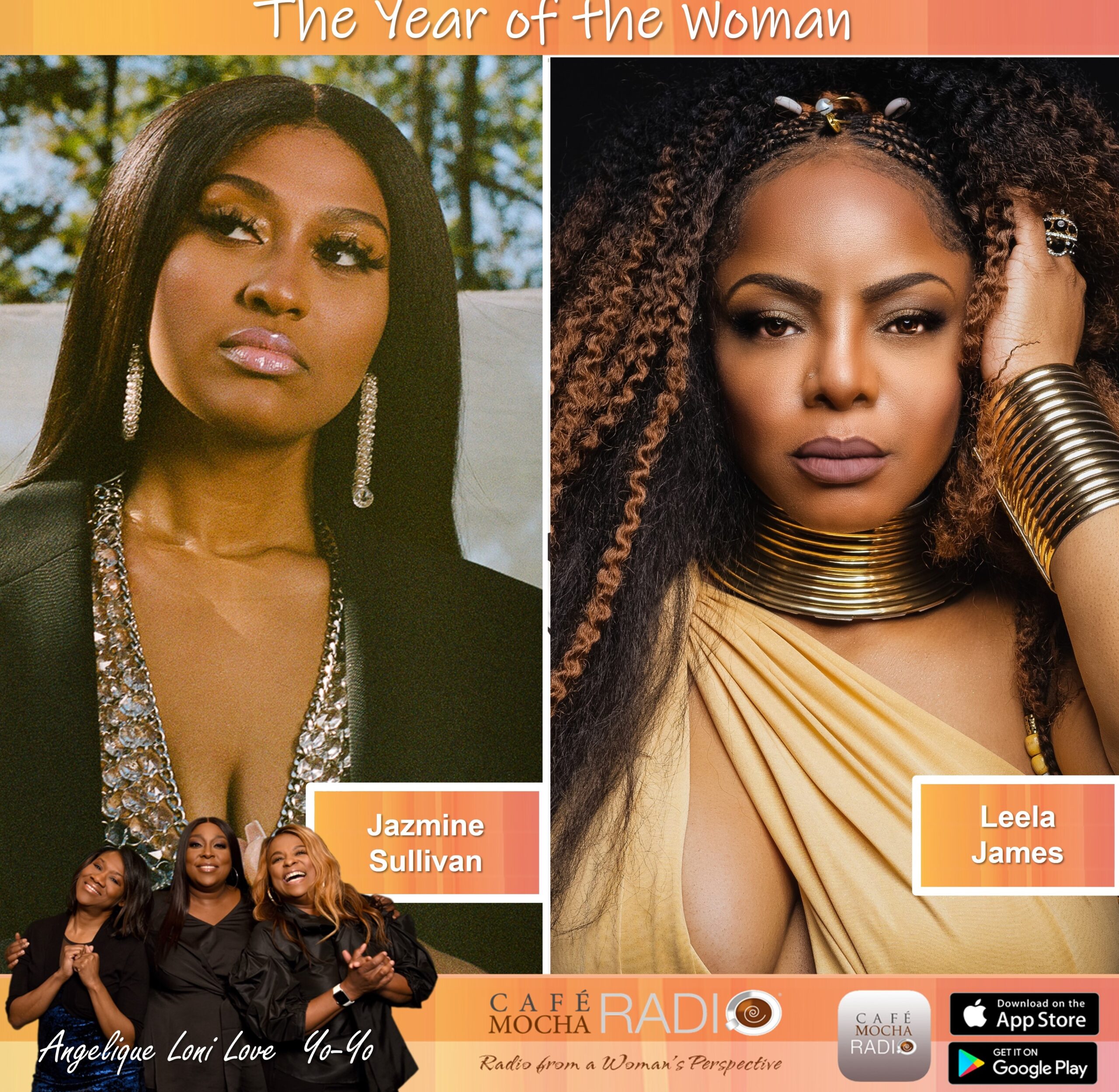
Source: Maskot / Getty
Although there’s been an increase in the amount of venture capital invested into the startups of Black female entrepreneurs, data and personal accounts make it clear that a lot more work needs to be done.
Earlier this month, Crunchbase’s data highlighted that “while Black female startup founders have received just 0.34 percent of the total venture capital spent in the U.S. so far this year — a far cry from being representative — the dollars invested in their companies is on the rise.”
However, venture capital investments for Black women with U.S.-based startups is set “to outpace the past five years.” Moreover, “Black women are better represented in the subset of funded Black founders than women in general are among all the funded startups in the U.S.”
Crunchbase’s data went onto share that, “about one-third of funding to Black startup founders every year goes to companies led by Black women.” In 2020 specifically, a round count of the outlet’s funding data showed that 40.5% of VC investments to Black founders went to Black women founders particularly.
All that said — the fact of the matter is that comparatively, the outlet’s data also implied that despite all that success, the funding garnered by Black women still tended to be “on the smaller side.”
RELATED CONTENT: “How To Start A Business Without Cash Capital”
Black female founders Joanna Smith of AllHere and Fatima Dicko of Sugar — both of whom Crunchbase mentioned recently received millions in funding for their respective startups — touched on the difficulties they see hindering Black women from being able to receive the VC investments their companies need.
Smith shared that she felt as though “the hardest part is, honestly, access to the network [of investors].”
Relatedly, Dicko brought up how implicit biases placed on Black women due to their race and gender can also have an impact.
“While it is important to have that momentum and come to the table with having done something even without the funding, I do think that the expectations can differ, for sure, of what’s considered early or not,” Dicko told Crunchbase — before adding, “I think it would be interesting to do some research into who gets funded at the idea stage.”
Overall, while improvements need to be made in the VC world so that Black female investors can receive more access to funds and support, all hope isn’t lost.
As the founder of VC Include — a coalition of diverse and woman-led fund managers — Bahiyah Yasmeen Robinson emphasized that currently, “There’s a combination of efforts to increase access to capital and nonfinancial resources to get Black women and BIPOC founders ready for investment and ready to build and grow their businesses.”
Accelerators and incubators she named in particular that are interesting in supporting those from Black and Brown communities include Camelback and Founder Gym.


